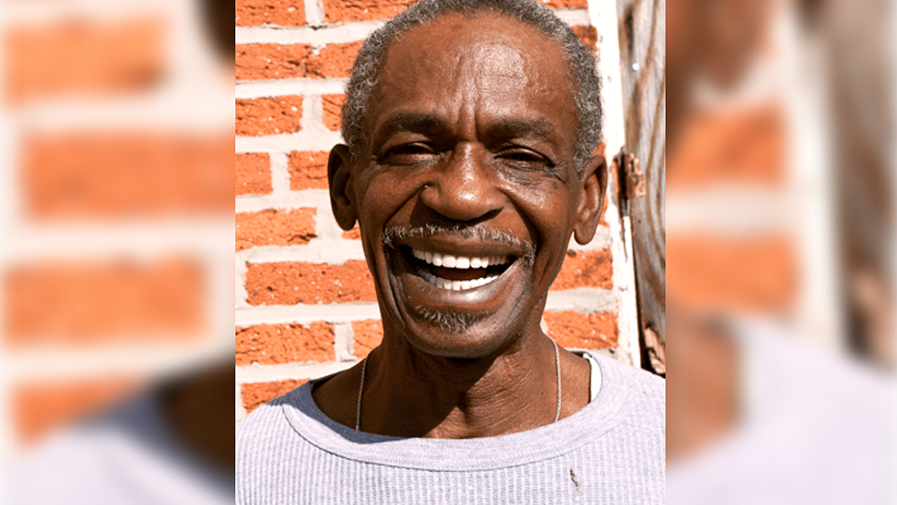Latif K. grew up in a neighborhood in Baltimore City where many of his neighbors were also relatives. During the week, his immediate and extended family worked hard. On the weekends, everyone got together to party.
“In the beginning, it seemed like a really good thing,” Latif says. “It was something that brought the family together. Everyone was just having fun after spending the week working hard.”
Latif spent much of his childhood around women, especially his mother and sister, who went out and drank often, and Latif felt that he had to prove himself as he got a little older. “I started to think that men were supposed to drink, they were supposed to drink a lot, and they were supposed to be able to handle alcohol better than women,” says Latif. “I felt like I was supposed to do everything more than everyone else. I was an extremist; I just didn’t know it yet.”
“There were people there who said the right things to strengthen my foundation and make me strong enough to start rebuilding my life.”
Latif continued to experiment with substances. He felt the need to try everything new he discovered, including marijuana, mescaline, cocaine, and eventually, heroin, which marked the beginning of his struggle with addiction.
“It’s not like I grew up in what most people would consider a dysfunctional family,” Latif says. “My other family members didn’t get into drugs. It was me that made the bad decision to even try it.”
Latif used heroin on and off for 40 years after he first started at age 17. A nine-year stint in jail interrupted his drug use, but after his release, he immediately returned to using heroin.
Latif eventually went to a local treatment center that someone recommended to him because it was easy to get in, easy to get medication, and easy to get out. He had no desire to stay or truly commit to rehabilitation.
“I didn’t intend for it to work at all,” Latif says. “But there were people there who said the right things to strengthen my foundation and make me strong enough to start rebuilding my life.”
Throughout the recovery process, Latif recognized patterns in his life and the reasons for his substance use struggles. He finally acknowledged that all of his drug use could be attributed to the search for one thing: a feeling.
“I found out I was looking for that feeling in the wrong places with the wrong things, though,” says Latif. “I started taking all of the energy I had used in the process of getting drugs and channeled it into something more positive.”
Latif has been clean now for four years. He lives a few blocks away from the Academy of Success, in a house that his cousin gave him. A handyman, Latif has been renovating the house for the past couple of years. He works at the Academy as a peer recovery advocate.
“I looked back and saw the footsteps in the sand; I was being carried by all of my different support systems. Now, it’s my turn to carry someone else,” Latif says. “It’s like the story about teaching a man to fish. Someone did that for me, and now I can survive on my own. If I go out and teach others what I’ve learned, teach other people to fish, then I can make a real impact on the community as a whole.”
“Obviously, my goals are to finish my house, get a counseling certificate, and get another associate’s degree,” says Latif. “But my real goal is to achieve a deeper peace and meaning. I want to be able to get people smiling. If someone is walking away from a conversation with me saying, ‘I can do something,’ then I’m happy.”
